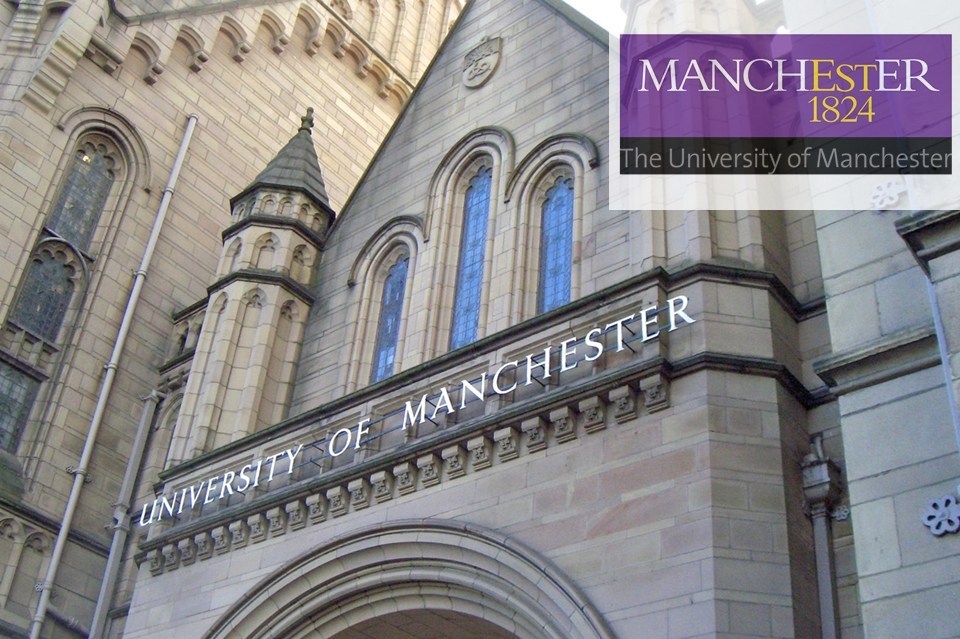PhD Biomaterials
The Biomaterials research programmes cover an exciting area of research in the Department focusing both on fundamental understanding of interactions between man-made materials and biological tissues and the development of useful applications. We have close links with the world's leading pharmaceutical and medical device companies and the clinical applications of our research impact many areas of medicine. There are flexible study packages available, as well as an extensive range of PhD studentships and University funding packages . Many of our research students are sponsored by a variety of Department, University and industry resources. Please contact us to find out more.
The subject
The subject of biomaterials covers those materials that are used in the context of biology and medicine, usually to evaluate, treat, augment or replace any tissue, organ or function of the body. In surgery, a biomaterial may be a synthetic material used to replace part of a living system or to function in intimate contact with living tissue.
A new area in biomaterials involves the exploration of nanotechnology for drug delivery, biological sensing or tissue regeneration. Examples of these bionanomaterials are small particles that may be used for the delivery of drug molecules to target sites within the body or to detect diseased areas.
Biomaterials are produced using chemical, physical, mechanical processes and they often employ or mimic biological phenomena in order for them to interact with their biological surroundings in defined ways.
Application of research
The clinical applications of our research impact many areas of medicine, including drug delivery, cancer, wound healing, stem cell technology, repair and regeneration of nerve, tendon, cartilage, bone, intevertebral disc, skin, ligament and cornea.
Industry collaboration
We have strong ties with industry, including ongoing collaboration with Smith & Nephew, Johnson & Johnson, and Versamatrix A/S (Denmark), developing novel biomaterial based strategies for wound healing, bone repair, control of inflammation and drug delivery.
Intakes
- Sep
Application Processing Time in Days: 20
Minimum English Language Requirements
| English Level Description | IELTS (1.0 -9.0) | TOEFL IBT (0-120) | TOEFL CBT (0-300) | PTE (10-90) | |
|---|---|---|---|---|---|
| Expert | 9 | 120 | 297-300 | 86-90 | |
| Very Good | 8.5 | 115-119 | 280-293 | 83-86 | |
| Very Good | 8 | 110-114 | 270-280 | 79-83 | |
| Good | 7.5 | 102-109 | 253-267 | 73-79 | |
| Good | 7 | 94-101 | 240-253 | 65-73 | |
| Competent | 6.5 | 79-93 | 213-233 | 58-65 | |
| Competent | 6 | 60-78 | 170-210 | 50-58 | |
| Modest | 5.5 | 46-59 | 133-210 | 43-50 | |
| Modest | 5 | 35-45 | 107-133 | 36-43 | |
| Limited | 4 | 32-34 | 97-103 | 30-36 | |
| Extremely Limited | < 4 | < 31 | < 93 | < 30 |
- Course Type: Full Time
- Course Level: Doctoral Degree/PhD
- Duration: 03 Year
-
Total Tuition Fee:
81000 GBP
Annual Cost of Living: 9207 GBP
Application Fee: N/A
Similar Programs
- PhD Wellcome Trust - Immunomatrix in Complex Disease at The University of Manchester
- PhD Theoretical Physics at The University of Manchester
- PhD Theoretical Chemistry at The University of Manchester
- PhD Structural Biology at The University of Manchester
- PhD Stem Cell Research at The University of Manchester
- PhD Statistics at The University of Manchester

